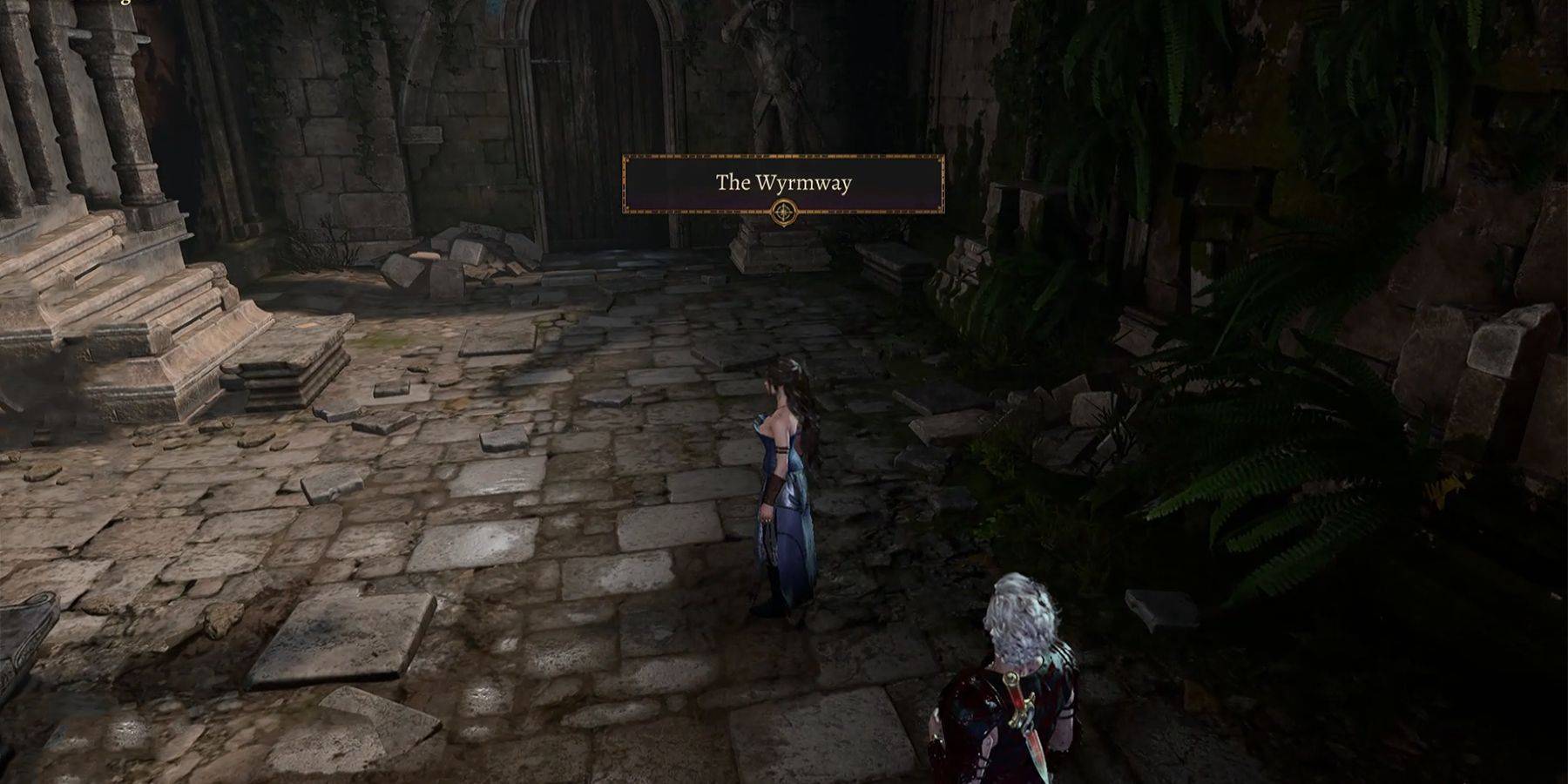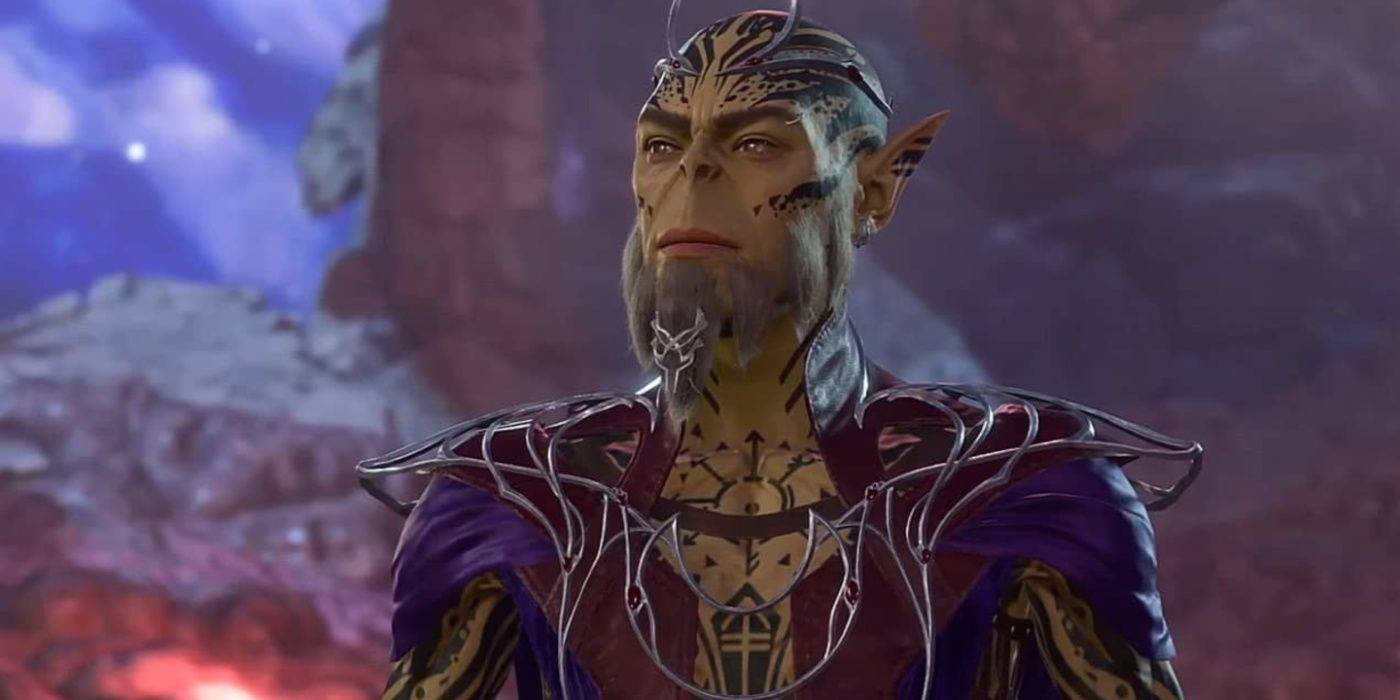In Baldur's Gate 3, one of the most pivotal choices arises near the game's conclusion: freeing the imprisoned Githyanki Prince Orpheus or allowing the Emperor to handle the situation. This decision, made after acquiring the Orphic Hammer, significantly impacts the party's fate.

Updated February 29, 2024: Before confronting this choice, players must defeat Ketheric Throm, Lord Enver Gortash, and Orin. This requires thorough exploration of Baldur's Gate's upper and lower districts. The decision carries substantial weight, potentially leading to companion sacrifices. High skill checks (30+) may be needed to influence companion decisions.
Spoiler Warning: The following details the game's ending.
Should You Free Orpheus?

The choice hinges on player preferences. The Emperor warns that freeing Orpheus risks party members becoming Illithids (Mind Flayers).
After the Netherbrain battle (which the Emperor teleports the party to after a failed attempt), the choice is presented: free Orpheus or let the Emperor absorb Orpheus' power.
Siding with the Emperor: This results in Orpheus' demise as the Emperor absorbs his knowledge. Lae'zel and Karlach may disapprove, impacting their personal quests. While this aids in defeating the Netherbrain, it may be unsatisfying for fans of these characters.
Freeing Orpheus: Freeing Orpheus causes the Emperor to ally with the Netherbrain. A party member might become a Mind Flayer. However, Orpheus joins the fight against the Netherbrain, offering the possibility of him sacrificing himself to prevent others from becoming Mind Flayers.
In short, choose the Emperor to avoid becoming a Mind Flayer; choose Orpheus if you're willing to risk it. The Emperor's choice might alienate Lae'zel and send Karlach back to Avernus.
Moral Considerations:
The "good" choice depends on player values, but it boils down to loyalty. Orpheus is the rightful Githyanki ruler, opposing Vlaakith's tyranny. A Githyanki player might naturally side with him. However, following Voss and Lae'zel's demands might seem overly forceful. The Gith prioritize themselves, even if their actions affect the wider world.
The Emperor, generally benevolent, aims to stop the Netherbrain and aid the party. He accepts the possibility of sacrifice, even if it means party members becoming Mind Flayers. Ultimately, BG3 offers multiple endings, allowing for outcomes that might satisfy various player preferences.









